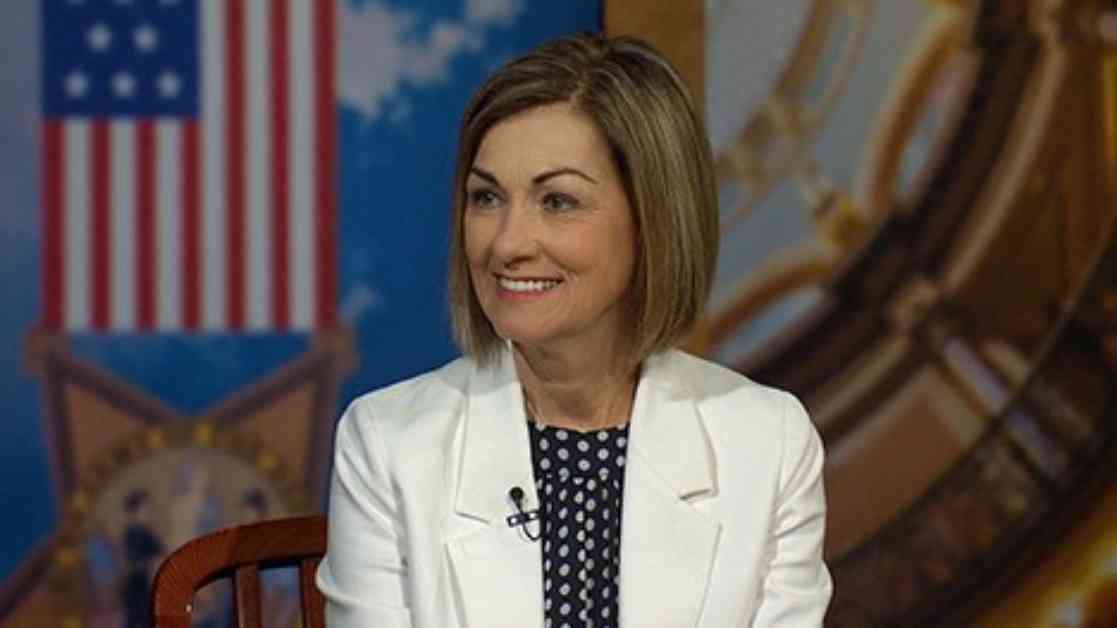Governor Kim Reynolds was seen on the “Iowa Press” set on May 23, 2025, discussing the recent approval from the USDA for Iowa to restrict the use of federal food assistance for buying candy, salty snacks, and sweetened drinks like pop, starting in January. The decision came after it was revealed that 20% of SNAP benefits in Iowa were being spent on these items, prompting Reynolds to emphasize the importance of using the benefits for healthier food options. She mentioned that items like gum, marshmallows, sweetened coconut, and certain dried fruits will also be banned from purchase with SNAP benefits in the future. The state plans to collaborate with food retailers to adjust their systems accordingly.
The move was supported by the American Heart Association, who applauded Iowa’s efforts to reduce the consumption of sugary drinks. However, there are concerns from the Iowa Hunger Coalition board member, Sheila Hansen, who believes the focus should be on providing greater access to nutritious food for all Iowans rather than punishing low-income individuals. Reynolds highlighted the high rates of chronic illnesses and obesity among children, emphasizing the need to return to the original purpose of SNAP, which is to supplement low-income families with nutritious foods. The soda industry’s opposition to similar policies on a national level was criticized by the American Heart Association as “outrageous.”
Not really sure why this matters, but it seems like Iowa is taking a stand on what can be bought with federal food assistance. Maybe it’s just me, but I feel like there might be mixed reactions to this decision. On one hand, promoting healthier food choices is important for public health, but on the other hand, some may argue that it’s restricting personal freedom. Either way, it’s clear that Governor Reynolds is prioritizing the well-being of Iowans by ensuring that SNAP benefits are used for nutritious foods. The collaboration with food retailers to implement these changes shows a commitment to making a positive impact on the community’s health.









